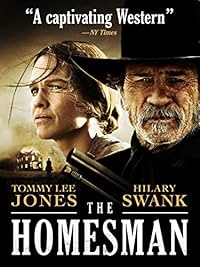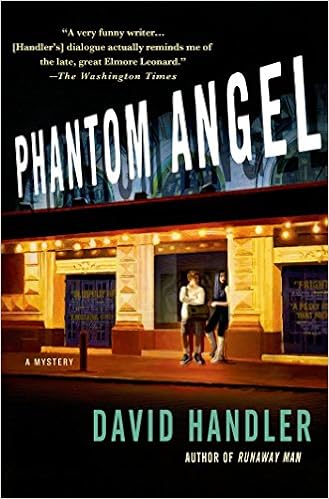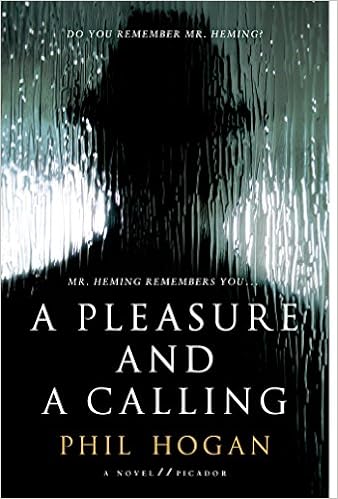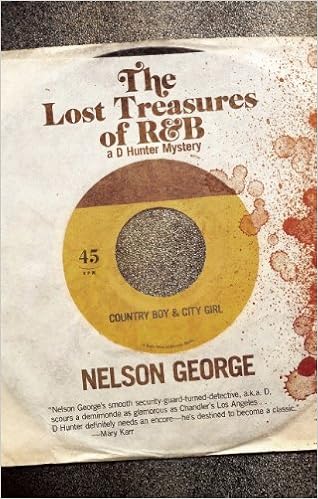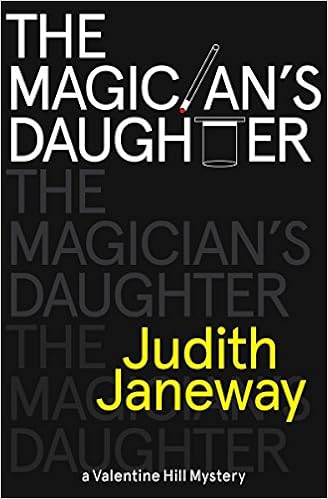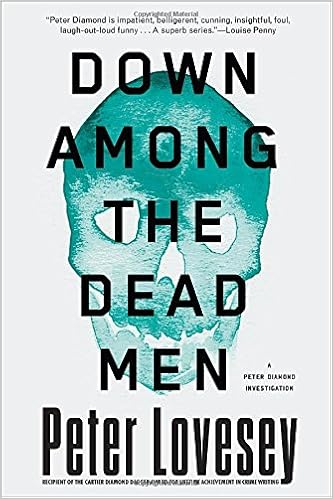The landmark anthology
Sudden Fiction: American Short-Short Stories includes Lucas Cooper's extraordinary "Class Notes," a piece of flash fiction which originally appeared in 1984 in the
North American Review. As the title suggests, the story is presented as one of those class updates that you find in the back of college alumni magazines, and it all begins in just that tone of chatty news: "Ted Mecham may be the first member of the class of ’66 to retire." But these particular class notes quickly take some unexpected turns: "Richard Endergel phoned a few weeks ago from Houston, under arrest for possession of cocaine" is one tidbit, for example, and further along, "Violence is no stranger to Bill Nast. His wife turned up in terrible shape at Detroit General Hospital two months ago, the victim of Bill's hot temper," and then further along, "Sue Zimmerman was a 1978 Penthouse Pet." While many of the items indulge some dark sensationalism, toward the story's end the briefs begin to linger over quieter, more private moments, glimpses into troubled inner lives: "Frederick Mandell weeps uncontrollably in his crowded apartment in Miami Beach. Joel Reede lives in self-destructive anger in Rye, New York.... Odell Masters cries out in his dreams for love of his wife and children."
On the one hand, the story can be read as a playful poke at the relentless pride and hearty optimism of class notes as a genre—and I've seen similar things done with the genre of the annual Christmas letter. But on the other hand, the story strikes me as much deeper and with a rich awareness of the human condition. To my mind, the effect is both beautiful and heartbreaking.
I thought about this story in the wake of a couple of recent events—the first of them a Facebook status update in which a friend discussed her awareness of "the curated nature of our Facebook posts," followed by an admission that some aspects of her life were, right then, pretty crappy.
It's likely not a surprise to anyone who's social-media literate that what people post on Facebook or elsewhere is at best just a glimpse—and likely a "curated" glimpse, to use my friend's word—into a much more complex life. The genre of the Facebook post may, to some degree, demand something performative of us—and it's easy for FB posters simply foreground the good news and bury the bad. (I recognize that exact opposite may also be true for other Facebook users—a type of Eeyore-ness about those online lives.) From the side of the reader scrolling through updates about selfless spouses, brilliant careers, and exotic vacations, the response might be anything from irritation at how one's fellow friends and acquaintances cross the line between "sharing" and "boasting" (see
this letter in the Miss Manners column) to actual depression about how their own
real lives compare to their friends' and colleagues' online ones (see
this from the Harvard Business Review and
this from a University of Missouri study). Facebook doesn't
cause depression, no, but there's a pretty definite link between the two, via "social comparison," according to the
Journal of Social and Clinical Psychology (
cited here in Forbes). And going back to the class notes situation above, I'll admit to catching myself at times browsing through my own college alumni magazine and wondering, "How do I compare to...?" and "Why haven't I...?" and "Oh, I wish...."
The second incident that had me thinking about "Class Notes" was the announcement, earlier this week, of
this year's finalists for the Agatha Awards, a time of great celebration in the mystery world and, as it turns out, right here in our immediate SleuthSayers family. It was such a thrill to see my fellow bloggers Barb Goffman and B.K. Stevens represented on the slate: Barb for her short story
"A Year Without Santa Claus?" in
Alfred Hitchcock's Mystery Magazine, and Bonnie in two categories, with the short story
"A Joy Forever," also from
Alfred Hitchcock, and with her YA novel
Fighting Chance: A Martial Arts Mystery. I was pleased to be among the finalists myself with my first book,
On the Road with Del & Louise, as a contender in the Best First Novel category. As you can imagine and some may have seen firsthand, Facebook and Twitter and various other virtual communities were abuzz with the news, with announcements and congratulations and conversations—and I'll add a congratulations again to the finalists not only here in our SleuthSayers family but across the board!
Though I was grateful, of course—immensely grateful—both for the honor of having been named a finalist and for all the goodwill coming my own way, in the midst of it all I couldn't help but feel slightly self-conscious about the attention and undeserving in several ways, couldn't help but wonder at what point these types of posts risk crossing the line between "sharing" and "boasting" (to borrow that phrase from the Miss Manners letter) and, more to the point, I found myself fretting about the "curated nature" of the whole thing—though I was heartened immensely by a posting Barb Goffman herself made, which she's given me permission to reproduce here:
We writers often toil alone, wondering if what we write is any good, if
anyone will read it, let alone like it. So receiving validation through
an award nomination means the world. Thanks to everyone I've heard from
today about my nomination for an Agatha Award in the short story
category for my story "A Year Without Santa Claus?" Thanks to everyone
who listed my story on your nomination ballot. Congratulations to all
the finalists, especially my fellow finalists in the short-story
category, Edith Maxwell, Terrie Moran, Harriette Wasserman Sackler, and B.K. Stevens.
And I want to give a shout-out, too, to all the authors who had
wonderful books and stories published this year whose names don't appear
on the Agatha shortlist—being published is no small thing and is to be
celebrated as well.
I couldn't agree more with Barb's comments—which speak of the best aspects of the mystery community in general: thoughtfulness, generosity and inclusiveness, with celebrations and recognition for us all. Those opening comments struck home, about writers wondering if what we write is good, if anyone will read it, if anyone will like it. And echoing that closing shout-out to other authors: Having twice judged the Edgar Awards, I know all too well how many fine books and stories are published each year, how few get to step into the spotlight, and how many others were equally deserving of that spotlight.
I've been about as fortunate as any writer could ask to be—something that I recognize and am grateful for every day—and I use that word
fortunate specifically, with its echo of luck, a huge factor always. And I feel thrilled and humbled by the new honor this week and by the support I've received from fellow writers and readers. But in the spirit of how I've titled this blog, "Confessions," I want to admit that even as the celebrations were unfolding on social media and email, I confessed to a friend that the news came at a time when I've been struggling mightily with my writing for a variety of reasons—not just with finding time to write (always an issue) but with lack of direction, lack of confidence, poor productivity, and more.
These are things that I don't post on Facebook: anxiety, self-doubt, a recurrent fear of failure, and then real failures—the stories languishing on my computer because of rejection after rejection.
I recognize the potential dangers in admitting this—the danger that it might come across as whining from someone who really, truly has nothing to whine about. I've said before and I'll say again (and again) that I am blessed in many ways and couldn't/shouldn't ever ask for anything better. My point is never, not intentionally, to take on a woe-is-me attitude amidst an overabundance of riches.
But I do think it's important to pull back the curtain a little to reveal how much all of us may struggle, at whatever stage of our careers, at whatever level of success or seeming success. As Barb pointed out, we writers "toil alone"—a level of interiority is indeed central to our craft—and in the midst of that interiority, in that aloneness, sometimes as that aloneness verges into loneliness, it might prove seductive to wonder why the progress or the success that comes so easily to others is so difficult coming to us.
The friend I wrote to, confessing my own struggles, wrote back that she too has had a rough patch lately—over several years—a fine writer and former Agatha finalist herself. And then another writer I mentioned this to, a writer I've always perceived as immensely productive and invariably successful, admitted that she hadn't written anything in months, admitted to her frustrations about that and to the fear that there might simply not be any next plot coming. Other writers I know, some with long and acclaimed publishing success, have no trouble with craft but are struggling with sales and contracts and the various shifts in the publishing world. Closer to home: My wife,
Tara Laskowski, has a book coming out in the spring and just earned some advance praise from a Pulitzer Prize-winning novelist—but in the midst of celebrating that boost, she's also been uneasy about troubles with her next project, the daunting task ahead of her, the fear that she's simply not writer enough to ever bring it off. (She is, I know she is, but right now
she doesn't believe she is, and that's the point.)
Not all writers are like this, I recognize. Maybe I'm just the fretful sort, I tell myself, because I see those other writers who seem to know where they're going and get there without fail and make it seem so easy and.... But then that's just proving the point too. Not all writers are fretful, no, but at least based on my small anecdotal evidence, my small corner of the writing world, many of us likely are, perhaps more this way than the other—even those who don't look it on the outside...or on whatever social media platform they spend most of their time on.
As I've been working on this post, I've kept thinking that I need to find some way to bring it to a rousing close—some moral or message. Keep on writing! Everyone struggles, but the struggles
will pay off! Or simply: You're not alone in the world! But ultimately too much of that seems pat and simplistic and maybe even condescending. It's also (updating this post here) unrealistic and maybe even empty; as one writer commented to me offline after this post went live, there are writers for whom the hard work might not pay off—writers who might ultimately give up because they haven't found that success or even publication. This happens, far more often than it should.
So maybe what I'm aiming for is something closer to the "Class Notes" story that I opened with and the comments on the "curated nature" of Facebook posts, the idea that what's flattened out in those respective genres may ultimately mask something more complex and more human in real life, part of some deeper struggles that we all sometimes experience, whoever or wherever we are.
In any case, I hope some of it might be not unuseful—and to bring all this from some over-lofty armchair philosophizing back to more practical matters, how about a question or two for the writers among us: Do you ever feel similar worries or crises? And if so, how do you deal with them?
Share if you can. We're all in this together, after all.




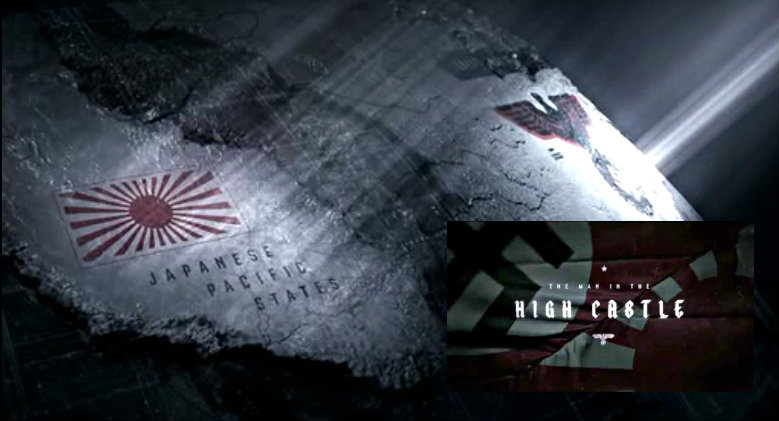

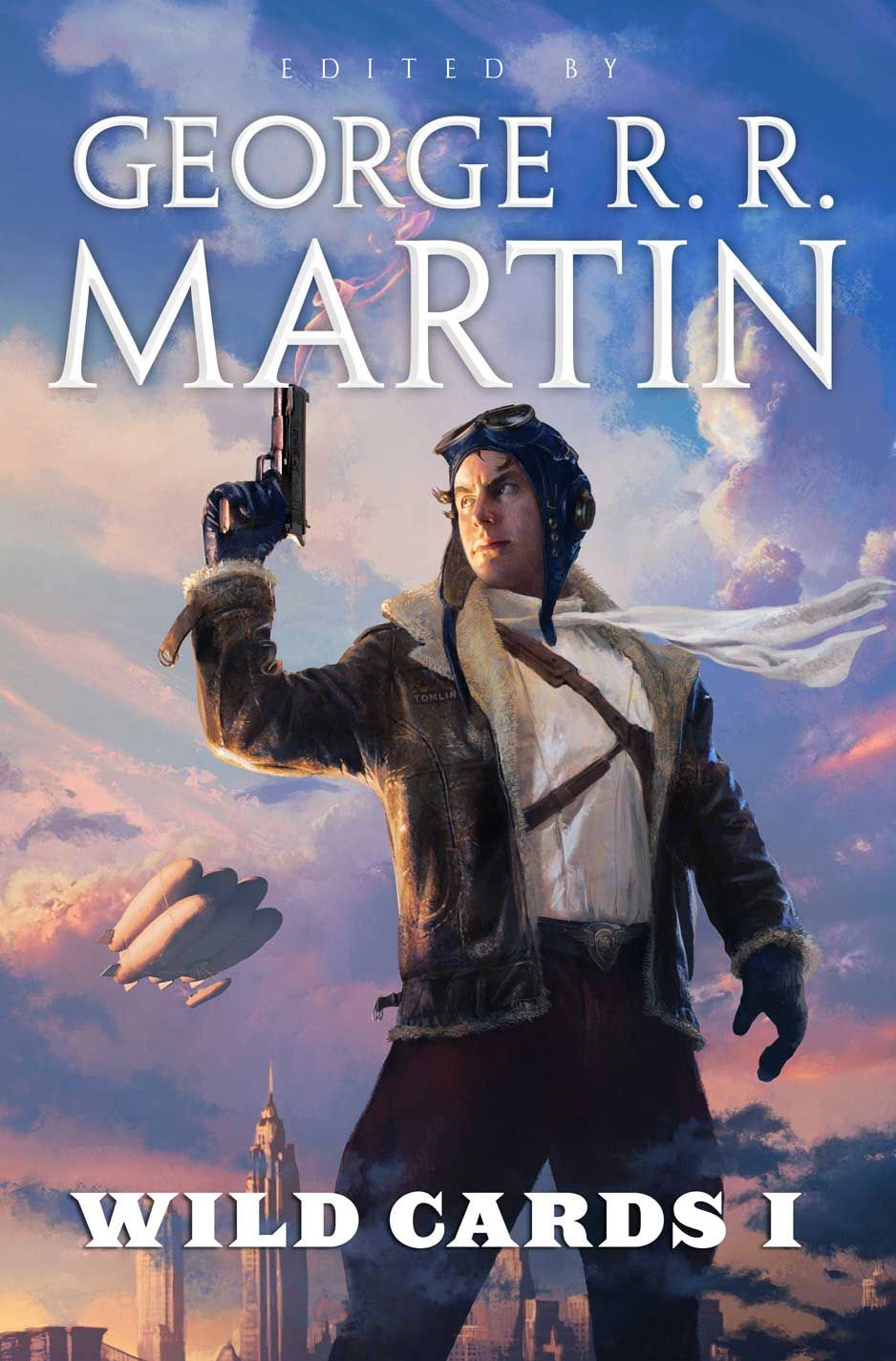














 Tis Febrrruary, the season of hearts and flowers, of birds and bullets and funeral bowers.
Tis Febrrruary, the season of hearts and flowers, of birds and bullets and funeral bowers.

